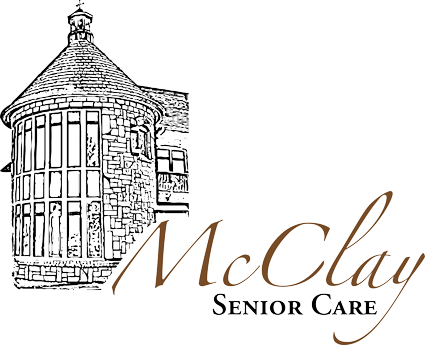As a caregiver of an aging loved one your days are long and filled with responsibilities. Taking care of yourself is at the end of the list – and it stays there. You may feel run down, lethargic and like you are burning the candle at both ends. These are some of the symptoms caregiver stress and burnout and you should pay close attention to them. If you fall into full-fledged burnout it will significantly impact your ability to care for your loved one.
46% of caregivers suffer from depression, just one of the signs of caregiver burnout. Others include:
- You have much less energy than you once had
- You are constantly sick and rundown
- You are constantly exhausted even though you sleep at night
- You neglect your own needs because you’re too busy or you don’t care anymore
- Caregiving is a source of anxiety and gives you little satisfaction
- You’re increasingly impatient and irritable with the person you’re caring for
- You feel helpless and hopeless.
There are ways to address these feelings and regain your energy with simple, common sense strategies. If you are suffering from burnout, some of these suggestions may seem impossible to carry out. You really have no choice; to ignore burnout is to risk your ability to care for your loved one.
1. See a doctor:
Make a doctor’s appointment with your primary care physician. There may be underlying causes for your fatigue and malaise like high or low blood pressure or high or low blood sugar. Your doctor can help you get back on track to good health.
2. Exercise a little every day:
You don’t have to go to the gym. Walk around the yard. Jog up and down the driveway. Put on some music and dance inside the house. Moving will increase the amount of oxygen in your heart, lungs and brain and will help you to feel better immediately. When seniors exercise regularly and work fitness into their daily routines, it will boost their energy levels and help fight fatigue.
3. Learn to meditate:
This doesn’t mean that you have to go to a mountain top retreat! It means that you find a quiet spot every day for 5 or 10 minutes of quiet reflection and deep breathing. When your loved one takes a nap, sit in a chair and practice deep breathing for relaxation. Find a beginner’s Yoga practice on DVD, online or through a television service. Yoga will relax your muscles, your mind and improve your energy levels.
4. Eat well for more energy:
Feed your body with healthy food that will fuel your energy. Fresh fruit, vegetables, whole grains, beans, lean protein, and healthy fats such as nuts and olive oil will give you steady energy.
5. Get a good night’s sleep:
Using the hours when you should be sleeping for other tasks will actually give you diminishing returns. You need 8 hours of sleep a night. When you get less, your mood, energy, productivity, and ability to handle stress will suffer.
Caregivers spend most of their time caring for our loved ones, subsequently creating an opening for stress, fatigue, and breakdowns. Preventing caregiver burnout can’t be done with tact and preparation; additionally, Home Care Assistance also offers respite care to support and mitigate this unfortunate phenomenon.



